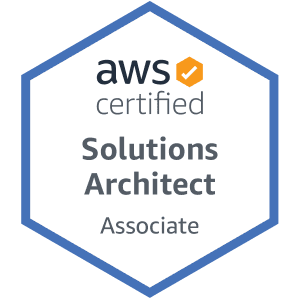Instructor-led Node.js live online classes
Date |
Duration |
Timings |
|---|---|---|
| SOLD OUT |
||
| Apr 12th | SAT & SUN (5.5 WEEKS) Weekend Batch | ⚡Filling Fast Timings – 10:00 AM to 01:00 PM (EST) |
Adda For Your Certification Needs
CertAdda’s Node.js Certification Training helps you to learn how to develop scalable web applications using Express Framework and deploy them using Nginx. You will learn how to build applications backed by MongoDB and gain in-depth knowledge of REST APIs, implement testing, build applications using microservices architecture and write a real-time chat application using Socket IO.
$343.00 Original price was: $343.00.$299.00Current price is: $299.00.
Date |
Duration |
Timings |
|---|---|---|
| SOLD OUT |
||
| Apr 12th | SAT & SUN (5.5 WEEKS) Weekend Batch | ⚡Filling Fast Timings – 10:00 AM to 01:00 PM (EST) |
Learning Objective: In this module, you will learn what is Node.js and what makes Node.js so popular. You will also learn how to use Node Package Manager (NPM) and Nodemon.
Topics:
Hands On:
Learning Objective: In this module, you will learn how to get user inputs via Command Line Arguments and store data using File system. You will also learn how to create the applications using Express Framework, whereas manage and deploy them using PM2 and Nginx.
Topics:
Hands On:
Learning Objective: In this module, you will learn how to develop asynchronous Node.js applications using Call stack, Callback queue and Event Loop mechanism. You will also gain knowledge on how to work with HTTP request, Promises and EJS templates.
Topics:
Hands On:
Learning Objective: In this module, you will learn how to work with NoSQL Database – MongoDB. Also, you will learn how to send emails via Node.js application.
Topics:
Hands On:
Learning Objective: In this module, you will learn how to run queries via Node.js application along with some important aspects of Node.js like REST APIs, setting up Mongoose, Postman Installation and GraphQL.
Topics:
Hands On:
Learning Objective: In this module, you will learn how to write your application using ES6. Also, you will learn how to Design Dashboard and perform CRUD operations.
Topics:
Hands On:
Learning Objective: In this module, you will learn how to secure your application by implementing API Authentication and User authentication using JSON Web Tokens (JWT).
Topics:
Hands On:
Learning Objective: In this module, you will learn how Build Realtime Chat Application using Socket.IO.
Topics:
Hands On:
Learning Objective: In this module, you will learn how to test your Node.js applications using Mocha and Chai, along with some important testing concepts related to Node.js Application.
Topics:
Hands On:
Learning Objective: In this module, you will learn how to build a Node.js application based on Microservices architecture and also how to deploy them to Docker containers.
Topics:
Hands On:






